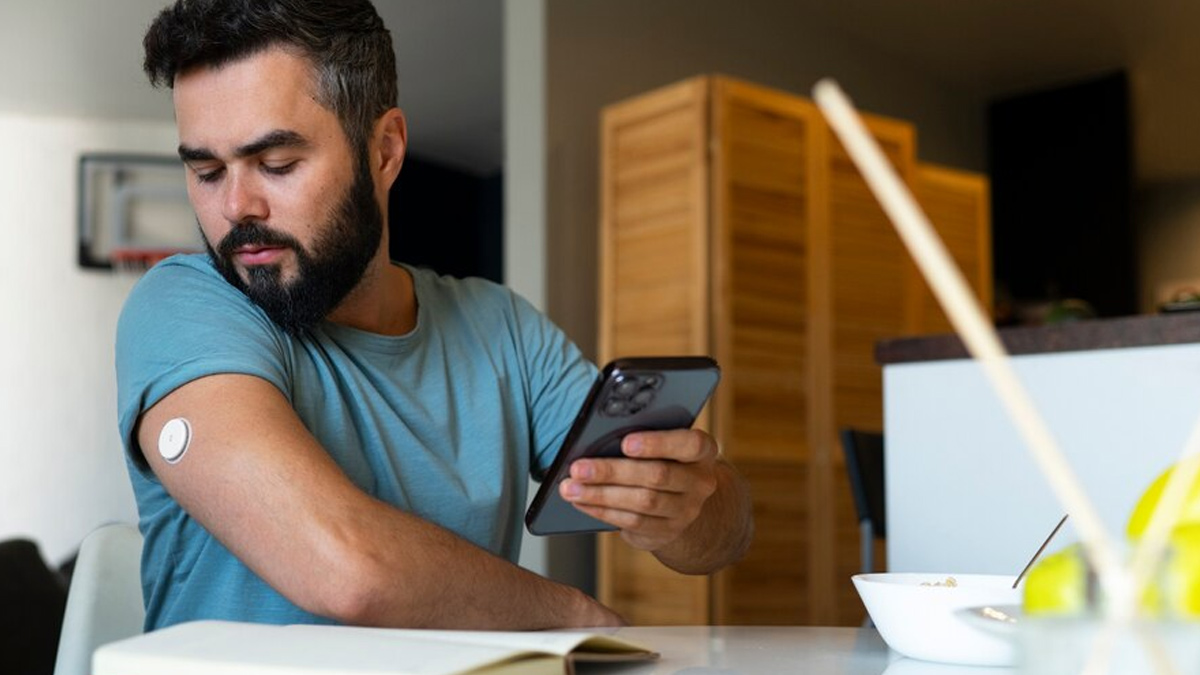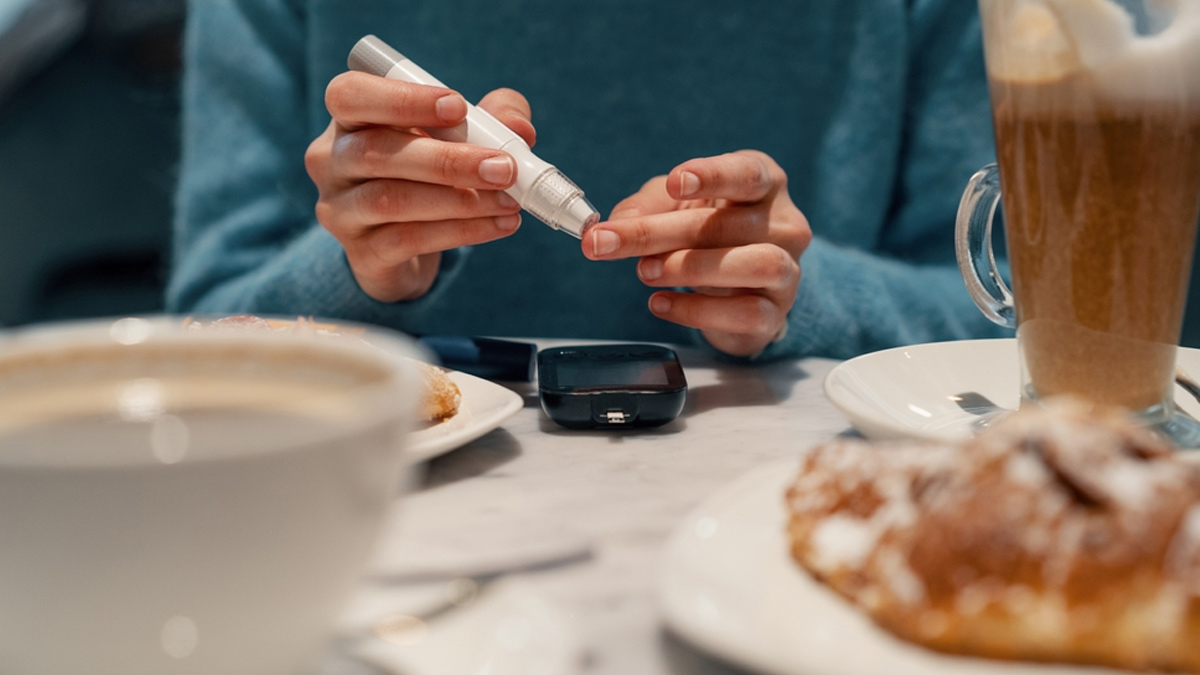
Coffee is a go-to drink for people who wish to stay awake for long hours. The caffeine in coffee acts as a stimulant that increases brain and nervous system activity, keeping one alert and highly energised. However, a lot of people wonder whether or not drinking coffee is really healthy. Can people with pre-existing conditions like diabetes sip on this drink without facing any impact on their blood sugar levels? To know all about it, the OnlyMyHealth team spoke to Dr Vyankatesh Shivane, Consultant Diabetology and Metabolic Physician, Department of Endocrinology, Jaslok Hospital and Research Center, Mumbai.
Table of Content:-
A look at the insights...
Also Read: Carbohydrate Intake For Diabetics: Expert Answers How Much Carbs Should Diabetics Eat?
Can Diabetes Patients Drink Coffee?

When it comes to coffee consumption in diabetes patients, Dr Shivane says the findings around its effects are mixed.
He adds that while some studies suggest it might actually help lower blood sugar levels, which is good news, other research points to a potential downside: coffee might reduce your body's sensitivity to insulin, the hormone that helps regulate blood sugar. This could lead to fluctuations in blood sugar levels, which can be problematic.
A 2016 study published in the European Journal of Nutrition found that people who drink 3–4 cups of coffee a day might have a lower risk of type 2 diabetes.
The researchers believed that substances in coffee, like chlorogenic acids and caffeine, might be responsible for this positive effect.
Another review published in the journal Diabetes Care went a step further, suggesting that people who drank up to six cups a day had a lower risk of developing type 2 diabetes compared to those who rarely drank coffee.
Interestingly, this benefit seemed to be from both caffeinated and decaffeinated coffee, indicating that there might be more than just caffeine at play.
But there have also been studies that suggest a high intake of coffee can lead to insulin resistance in some people.
Research studied regular coffee drinkers and found that after four weeks of high coffee intake, fasting insulin levels increased, which suggests reduced insulin sensitivity.
What Is The Recommended Coffee Intake For Diabetes Patients?

Dr Shivane says, “Diabetes patients can drink coffee, but in modest quantities.”
This includes a daily recommended intake of 1-4 cups of coffee (400 mg per day).
However, because the findings around the effects of coffee on diabetes patients are mixed, it is always a great idea to consult with a doctor or a medical professional.
Also Read: How Diabetes Can Affect Different Parts Of The Body
Lifestyle Changes Diabetes Patients Should Adopt

If you have diabetes and are struggling to keep blood sugar levels in control, here are some things you must bear in mind:
- Lower the intake of added sugars and processed foods, including refined grains like white flour and white rice.
- Switch refined grains for whole grains, as the latter is a good source of fibre.
- Increase fibre intake through foods like vegetables and fruits and legumes such as lentils, beans, chickpeas, peas, edamame, and soy.
- Eat less meat and avoid processed red meat.
- Eat smaller portions of the meal daily.
- Have protein-rich foods such as chicken, eggs, dairy, and fish.
- Eat healthier fats.
Conclusion
While drinking coffee is a great way to refresh your mind, its impact on diabetes remains unclear. Some studies suggest potential benefits for blood sugar control, while others show negative effects on insulin sensitivity. Due to these conflicting findings and limited long-term research, people with diabetes should consult with their doctor to determine if coffee consumption is right for them.
Also watch this video
How we keep this article up to date:
We work with experts and keep a close eye on the latest in health and wellness. Whenever there is a new research or helpful information, we update our articles with accurate and useful advice.
Current Version